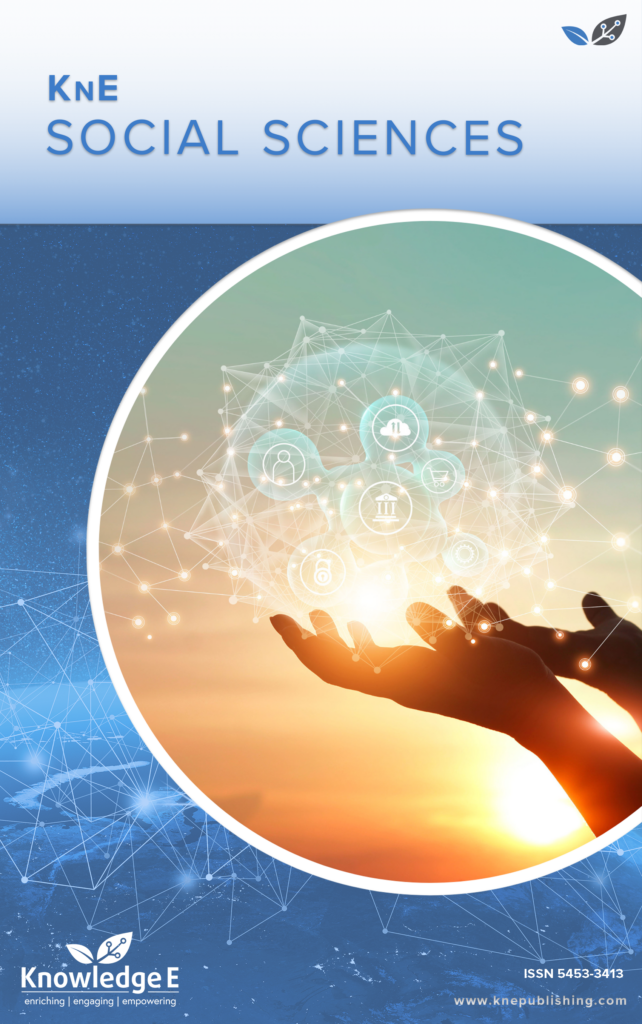Navigating the Aftermath: Exploring Business Decision-Making and Family Recovery in Palu, Sulawesi, Indonesia, After a Natural Disaster
Date
2024Author
Padmawidjaja, Liestya
Mastan, Stanislaus Adnanto
Radianto, Wirawan Endro Dwi
Metadata
Show full item recordAbstract
This qualitative case study examines the decision-making process of a family that
experienced a natural disaster in Palu. The participants of the study were Mr. FP,
the head of the family, and his wife, Mrs. VP. Primary data was collected through
in-depth interviews with FP and VP conducted by relatives who witnessed the family’s
gradual recovery. Additionally, supporting data was gathered through data mining,
including pre -and post-disaster photographs. The family, like many others, faced an
unpredictable and devastating event that not only resulted in the loss of their main
source of livelihood but also inflicted deep trauma. The study aimed to delve into
this family’s experiences when confronted with an unexpected disaster, exploring the
impact they faced, the recovery process they undertook, and the factors influencing
their decision-making, with particular emphasis on the head of the family. The head
of the family played a vital role in family dynamics, making their decision-making
process of great importance. The primary objective of this research was to gain a
deeper understanding of the experiences of family members, particularly the head
of the family, as they navigate the challenges of post-disaster recovery, specifically
focusing on decision-making in economics and finances. By comprehending their
experiences and decisions, the study sought to shed light on how families can
rebuild their lives, particularly in terms of achieving economic and financial stability.
Narrative analysis was employed in this study, as it allowed for an exploration of the
experiences and decision-making of natural disaster survivors in a subjective and
unrestrictive manner. This analysis enabled the capturing of the narratives shared by
Mr. FP and Mrs. VP, the main informants, and facilitated the interpretation of supporting
documents. Consequently, the collected data yielded rich and in-depth insights, further
strengthening the findings of this research.

